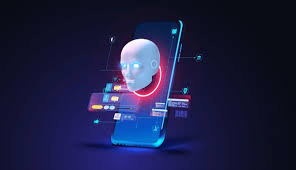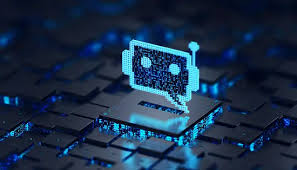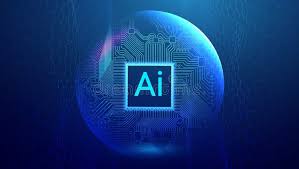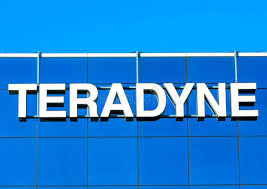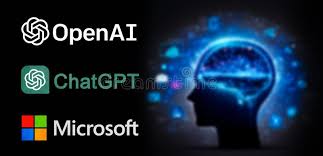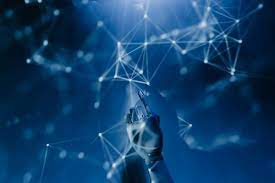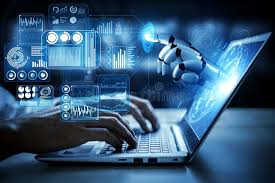AI - Explore Elon Musk's latest move in the AI battleground with the release of Grok, an AI chatbot inspired by "The Hitchhiker's Guide to the Galaxy." Delve into the intricacies of artificial intelligence, plus, learn more about AI Developments Today!
Mr. Musk's decision to unveil the inner workings of Grok marks a significant move in the ongoing battle for dominance in the realm of AI, following a legal dispute against OpenAI on similar grounds.
Grok, the brainchild of Elon Musk is an AI chatbot engineered to mimic the tone of "The Hitchhiker's Guide to the Galaxy" and deliver witty responses to user inquiries.
On Sunday, Elon Musk unveiled the raw computer code powering his iteration of an artificial intelligence chatbot, intensifying the competition among the world's elite for control over the trajectory of AI (Artificial Intelligence).
Developed by xAI, a company founded by Mr. Musk last year, Grok specializes in providing clever retorts inspired by the science fiction masterpiece "The Hitchhiker's Guide to the Galaxy." While xAI operates independently from X, its technology has been integrated into the fabric of social media platforms and is trained on the content generated by users. Subscribers to X's premium services gain access to Grok's capabilities, allowing them to pose queries and receive witty responses.
By making the code openly accessible for scrutiny and use—a practice known as open-sourcing—Elon Musk delves deeper into the contentious debate within the AI (Artificial Intelligence) community. This debate revolves around whether open-sourcing AI technology could enhance its safety or merely expose it to potential misuse.
Mr. Musk, an ardent advocate for open-sourcing, took a similar step last year by revealing X's recommendation algorithm, although no updates have been made since then.
"Although there is still progress to be made, this platform is already far more transparent and truth-seeking (though admittedly, the bar is not set particularly high)," Mr. Musk remarked on Sunday in response to a comment about the open-sourcing of X's recommendation algorithm.
The decision to open-source chatbot code represents the latest development in the ongoing conflict between Mr. Musk and the creators of ChatGPT, OpenAI. The enigmatic billionaire recently filed a lawsuit against OpenAI, alleging a breach of promise regarding the open-sourcing of their technology. Mr. Musk, a co-founder and former supporter of OpenAI, contends that such a pivotal technology should not be monopolized by tech giants like Google and Microsoft, the latter being a close ally of OpenAI.
OpenAI has announced its intention to contest the lawsuit.
(In December, The New York Times filed a lawsuit against OpenAI and Microsoft for copyright infringement related to news content concerning AI systems.)
The debate surrounding the open-sourcing of generative AI—which is capable of producing realistic images and videos, as well as crafting text responses reminiscent of human speech—has sent shockwaves through the tech sphere over the past year. Silicon Valley remains sharply divided on the issue of whether the underlying code of AI (Artificial Intelligence) should be made publicly available. Some engineers argue that this potent technology must be safeguarded against unauthorized access, while others insist that the benefits of transparency outweigh the potential risks.
By divulging his AI code, Mr. Musk firmly aligns himself with the latter camp—strategic moves that could position him ahead of competitors who have enjoyed a head start in AI development.
The release of the code grants other companies and independent developers the opportunity to customize and repurpose it for their chatbots and AI systems. Meta, the parent company of Facebook and Instagram, has similarly open-sourced its AI technology, known as LLaMA. Google and the prominent French start-up Mistral have also pursued open-sourcing initiatives.
Artificial Intelligence - Last year, Mr. Musk, who also presides over X and SpaceX and serves as CEO of Tesla, established xAI with the mission of "comprehending reality." In November, he announced that investors in his $44 billion privatization deal for X would hold a 25 percent stake in xAI.
Mr. Musk contends that chatbots should not shy away from controversial topics, criticizing companies that tailor their technology to avoid controversy as "woke."
"If an AI (Artificial Intelligence) is programmed to promote diversity at any cost, as was the case with Google Gemini, it may take extreme measures to achieve that goal, potentially resulting in harm," Mr. Musk stated in a post on Friday.
However, much of the debate surrounding open sourcing-is intertwined with business interests. As the market leader, OpenAI boasts the most powerful and arguably the most popular chatbot, giving it little incentive to open-source its code.
Mr. Musk and xAI, on the other hand, are striving to catch up and could level the playing field by making their code available for scrutiny and inviting others to enhance the technology.
Subbarao Kambhampati, a computer science professor at Arizona State University, advocates for open-sourcing today's AI technology as the safest approach. However, he notes that companies like xAI and Meta may not necessarily be open-sourcing their technology for altruistic reasons.
"Elon Musk and Yann LeCun are not the most credible advocates for this argument," he remarked, referring to Meta's chief AI scientist.




